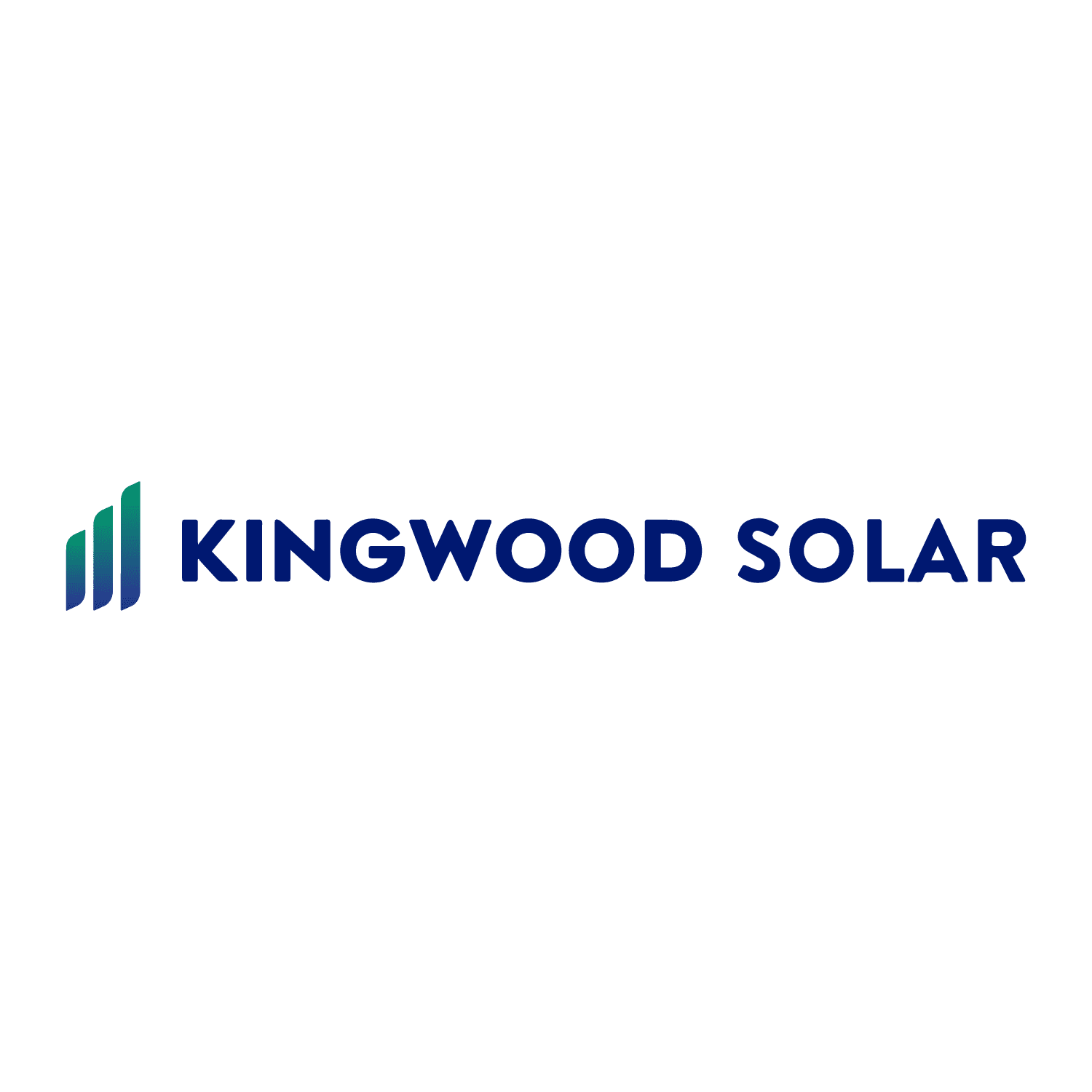FREQUENTLY ASKED QUESTIONS
Vesper Energy is an experienced US developer that has its headquarters in the Greater Dallas area. Since 2015, we have collectively delivered more than 10 GW of renewable energy projects globally. Today, Vesper Energy’s development pipeline includes over 49 renewable energy and energy storage assets with a generating capacity of 16 GW; enough to power more than 2 million homes. Vesper Energy develops, owns, and operates renewable energy projects across the United States. We are committed to working with the local government and the community to build a better energy infrastructure and achieve energy security in the United States. Learn more at www.vesperenergy.com/about
Greene County is ideal for solar power: it’s flat, has good southern exposure, and already has the infrastructure needed to deliver power. Solar projects are sited based on proximity to existing substations and electrical infrastructure, allowing us to use land efficiently without building costly new grid infrastructure.The need for homegrown U.S. energy is expected to increase by 50% by 2050. By supporting locally-generated energy, Greene County will reduce its dependence on out-of-state resources, keep more dollars circulating locally, and strengthen its energy resilience in the face of increasing demand.
The Kingwood Solar project will create a new, long-term source of funding for Greene County to fund local schools, infrastructure projects, and other public services. The project will create new, good-paying jobs in Greene County during construction and operations and will generate new opportunities for vendors and local services. Kingwood Solar will also preserve farmland for future generations, making this project a great option for the community. To learn more about solar energy benefits, please visit our Benefits page.
Construction will create 100-150 good-paying jobs, many of which can go to Ohio workers, along with new opportunities for local suppliers and contractors. We are actively working with local unions to ensure that as many jobs stay with the county. Once operational, the project will employ five full-time staff and generate steady economic activity through wages, land lease payments, and local spending by workers.
Kingwood Solar will be designed to retain the natural character of the community. We will work with a landscape designer to develop and implement a plan for evergreen-type vegetative screening for any project areas viewable from residential structures. Landscape screening is proven to minimize or eliminate visual impact of solar equipment.
Solar panels generate the most power in direct sunlight, but they can also produce power using indirect or diffuse sunlight – so they still work on cloudy days, and in fact, rain helps to keep solar panels operating efficiently by keeping them clean!
Yes! Solar panels work well in cold weather. Snow and ice are also generally not an issue – small amounts of snow are usually blown off by the wind, or snow may slide off on its own because the panels are tilted at an angle to capture the maximum amount of sunlight. Both help keep the modules clean throughout the winter season.
Kingwood Solar will create an overall decommissioning plan to ensure removal of all equipment at the end of the project’s life. Once the equipment is removed, the land can be returned to its original condition. To ensure the funding needed for this decommissioning process, we will also establish decommissioning bonds. These bonds are a financial guarantee that the necessary resources will be available when the time comes to dismantle the equipment and restore the land to its original condition.
The vast majority of solar panels installed in the U.S. are still within their operational lifespans (typically 20-30 years). As such, cost-effective opportunities to recycle solar panels are limited. However, this is an issue the solar industry is working proactively to address, and as more solar panels reach the end of life in the coming years, opportunities to recover and recycle the materials in solar panels will expand. Details on panel recycling can be found in the United States Environmental Protection Agency website at https://www.epa.gov/hw/solar-panel-recycling.
It is unlikely that a serious event will happen at the site, however, a comprehensive emergency management plan will be created prior to construction. This will ensure safety personnel in the community are trained and able to respond appropriately.
No. Vesper Energy is committed to only using solar panels that meet or exceed environmental safety standards set by the U.S. Environmental Protection Agency. These standards ensure that during normal operations – as well as in the unlikely event a solar panel is damaged – the panels will not release any substances or materials that are considered hazardous.

